CNV.nl nieuws
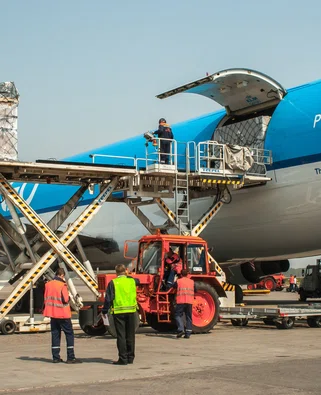
4 juli 2025
Staking grondpersoneel KLM opnieuw verboden
'Opmerkelijke en teleurstellende uitspraak'

4 juli 2025
Bezuiniging op onderwijskansenregeling weggestemd
De Tweede Kamer heeft de voorgenomen bezuiniging op onderwijs van...

4 juli 2025
CNV en FNV: acties PPG voorlopig opgeschort
Verffabrikant komt na ultimatum met beter loonbod

4 juli 2025
Eindelijk onderhandelaarsresultaat nieuwe cao mbo, met 5,1% loonstijging
Vorige cao verliep eind 2024 en werd verlengd tot 31 juli 2025
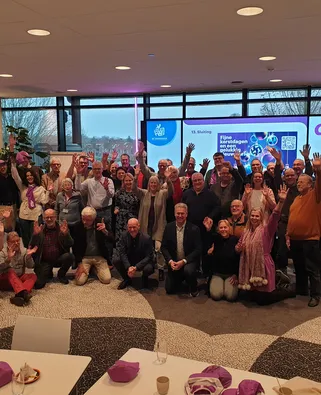
4 juli 2025
Sociaal plan / VSO / Ledenbijeenkomst QEW
Wat een ongelofelijk heftige tijd was het voor jullie. Maar jullie...
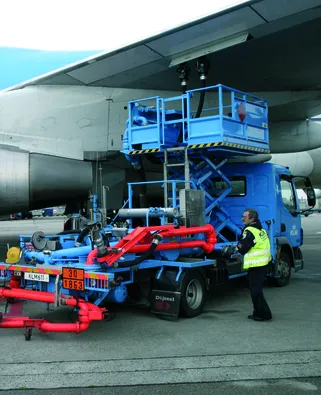
4 juli 2025
KLM komt grondpersoneel met nieuw bod onvoldoende tegemoet
Bonden houden vast aan staking volgende week woensdag
3 juli 2025
Maasvlakte Olie Terminal: periodiek overleg
Op 2 juli 2025 is er een periodiek overleg geweest over de stand...
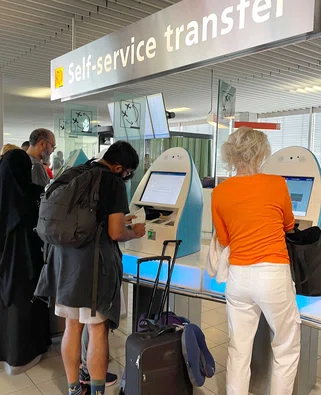
2 juli 2025
Beveiligers Schiphol vrezen impact nieuwe aanbesteding
Schiphol wil met 3 beveiligingsbedrijven verder
2 juli 2025
Nieuwsbrief Reorganisatie Portunus IHC
Onlangs zijn wij door jullie werkgever geïnformeerd over hun...
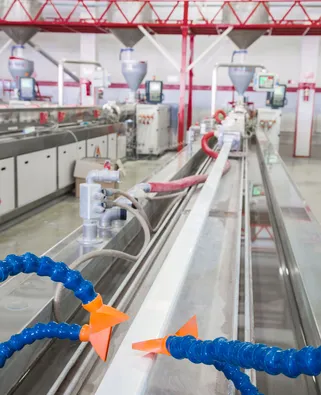
2 juli 2025
Cao Kunststof-, Rubber- en Lijmindustrie: jij bent aan zet
De ledenbijeenkomsten zijn inmiddels geweest. Tijdens die...

2 juli 2025
Grondpersoneel KLM gaat volgende week woensdag alsnog 8 uur staken
CNV: KLM moet snel met iets concreets komen
2 juli 2025
Periodiek overleg Reym: wat vind jij van belang?
Onlangs spraken de directie van Reym en vakbonden CNV en FNV in...


